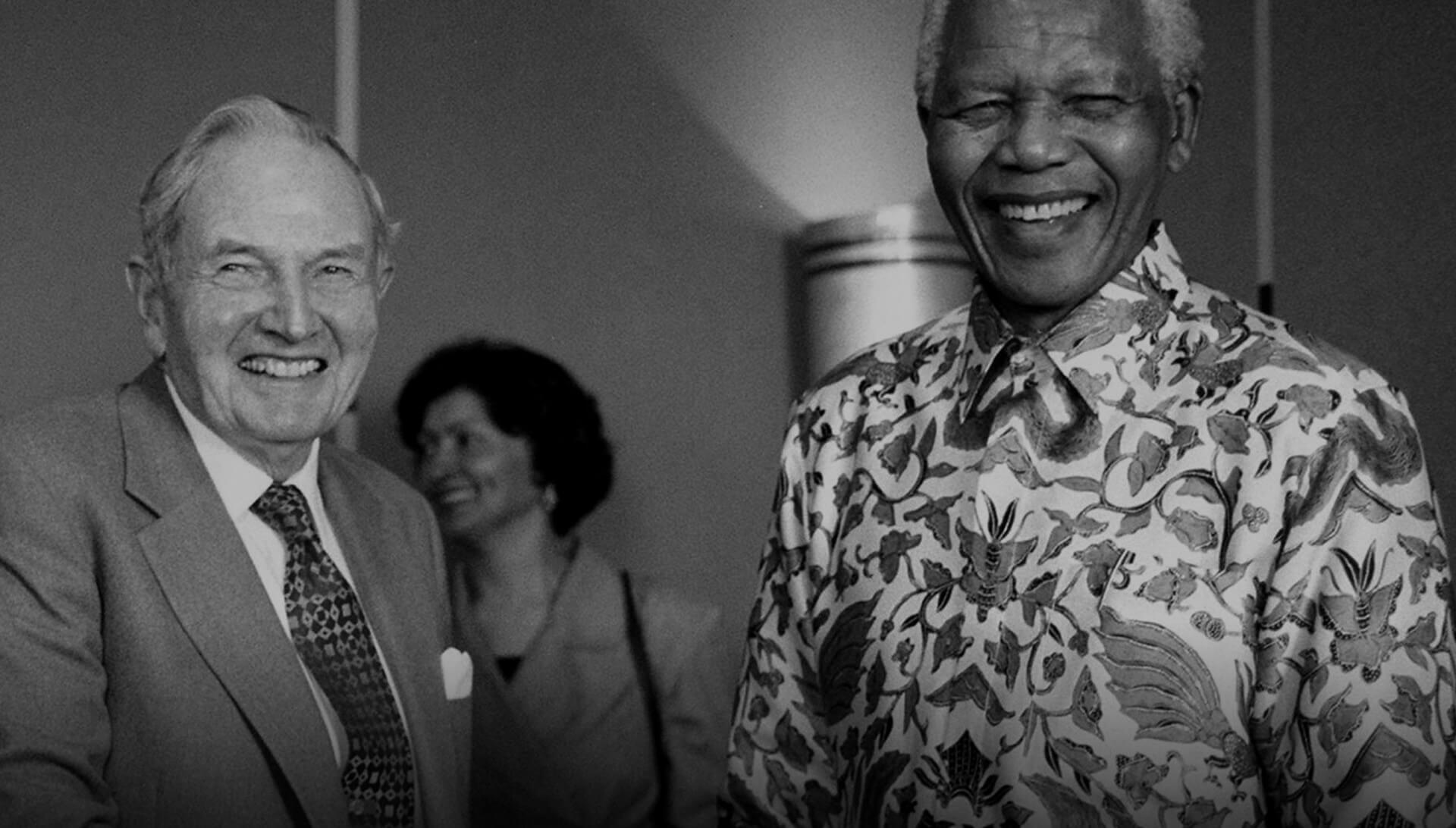Growing up, David admired his charming and gregarious older brother for his natural ability to inspire loyalty and camaraderie. John always knew the right thing to say to make people feel comfortable and engaged, easily earning their trust and affection.
“Socially,” David would later say in his book Memoirs, compared to his brother John, “I felt like a misfit.”
It would’ve been a typical sibling rivalry, except David happened to be David Rockefeller, grandson of esteemed oil baron John D. Rockefeller. He longed to live up to the Rockefeller name and its outsized legacy of business and philanthropic success.
“John, of course, had the name,” David wrote. “Of all the children, John was the most like Father in personality; he was hardworking and conscientious.”
These feelings remained over the next decade, becoming more acute during his military service in World War II. As an intelligence officer stationed in North Africa, he began to realize that others depended on his ability to forge relationships and work well on a team.
When David returned from overseas, he dedicated himself to knowing–and being more thoughtful with—people. He started keeping meticulous notes on every person he met to become a better listener, colleague, and friend, resulting in a manual system predating the convenience of personal computers.
David went on to rise through the ranks at Chase Manhattan Bank, eventually becoming its chairman and CEO, all while managing and furthering his busy social obligations as a Rockefeller—a shadow of his former, socially awkward self.
“He was able to pick up as though he had seen you the week before," James Wolfensohn, a friend and former president of the World Bank, told the Wall Street Journal in 2017. “It was because of this extraordinary record system.”
By the time he passed away in 2017, David had spent over 50 years collecting 200,000 notes on over 100,000 people, all written on standard index cards. He later ascribed his success in business, and in life, to the system that valued serving others before himself.
